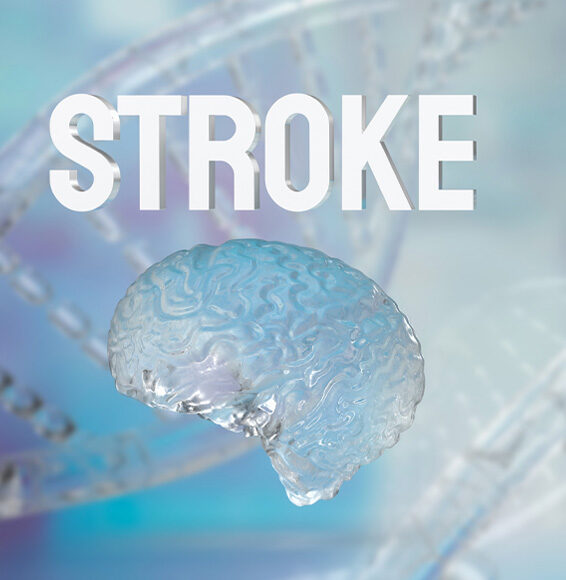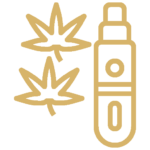
Traumatic brain injury (TBI), also known as an intracranial injury, is one of the most common causes of death worldwide in people under the age of 45. Causes include traffic accidents, falls and accidents that occur in the field of sports. It is the most common recognized cause of epilepsy among adults. New research proves that consecutive concussions and consequences of intracranial injuries can lead to a major brain problem. In a 2011 article, the British Journal of Pharmacology describes how the endocannabinoid system (ECS) functions as a self-protection mechanism that is immediately activated with high intensity in response to a stroke or a TBI.
Research conducted by the Israeli scientist Raphael Mechoulam brought to the conclusion that endocannabinoid levels in the brain increase significantly during and immediately after a brain injury or a stroke. These endogenous compounds activate cannabinoid receptors, known as CB1 and CB2, which protect against neurological and motor deficits caused by brain injuries. Plant cannabinoids, such as CBD, mimic and enhance the activity of endogenous cannabinoids that all mammals produce by nature, resulting in the brain’s natural neuroprotection and optimal wound healing in cases of injury.






